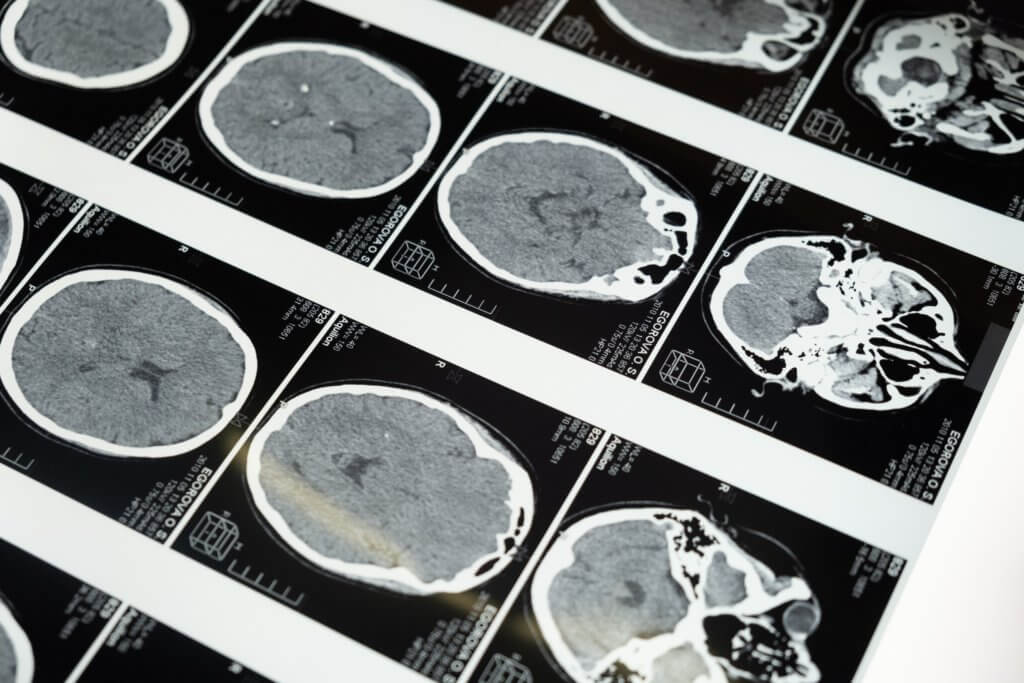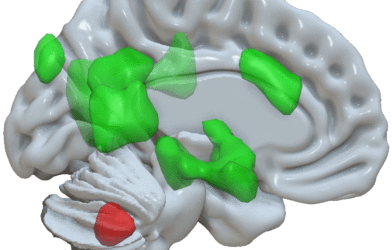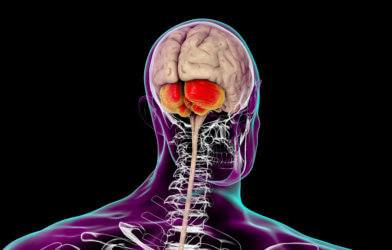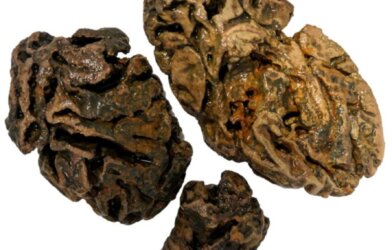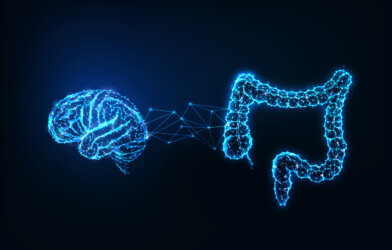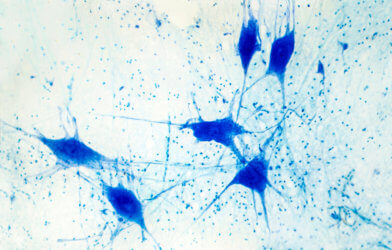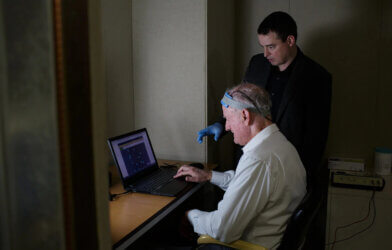Thirty-two families around the world are finally getting an answer to their problems. An international team of researchers has discovered a new neurodevelopmental syndrome that is linked to developmental delays, intellectual disabilities, an abnormal loss of muscle tone, and gastrointestinal issues.
The neurodevelopmental disorder involves mutations of the FBSXW7 gene. Normally, the FBXW7 gene is involved in regulating the life cycle of cells, including cell growth and cell survival. Scientists from Australia first discovered it after finding a link to a tumor suppressor gene.
“FBXW7 now joins a steeply increasing number of intellectual disability/autism spectrum disorder genes that have been implicated in disorders that affect nervous system development, leading to atypical brain function, affecting emotion, learning ability, self-control and memory,” says Dr. Sarah Stephenson, a researcher at Murdoch Children’s Research Institute in a statement.
The study used diagnostic tools, genomic sequencing, and global data to pinpoint 35 people between 2 and 44 with FBXW7 gene variants. Almost all of the identified people had developmental delays and intellectual disabilities that were considered borderline to severe. About 62% lost muscle mass, 46% had problems with feeding themselves and constipation, and 23% experienced seizures. Brain scans from the affected individuals showed changes in the brain structures of the cerebellum, nerve fibers, and white matter.
“The diagnosis has given closure and certainty to families, will personalize clinical care of each affected individual and has revealed the genetic and reproductive risks. It’s a dominant condition so an affected person will have a 50-50 chance of passing it on to each of their children. This diagnosis will empower those impacted to make decisions about their reproductive options,” explains Tiong Tan, a professor at Murdoch Children’s Research Institute and clinical geneticist at Victorian Clinical Genetics Services.
The next step is to create human brain cells from stem cells to better understand how the brain is affected by the new condition.
The study is published in the American Journal of Human Genetics.
